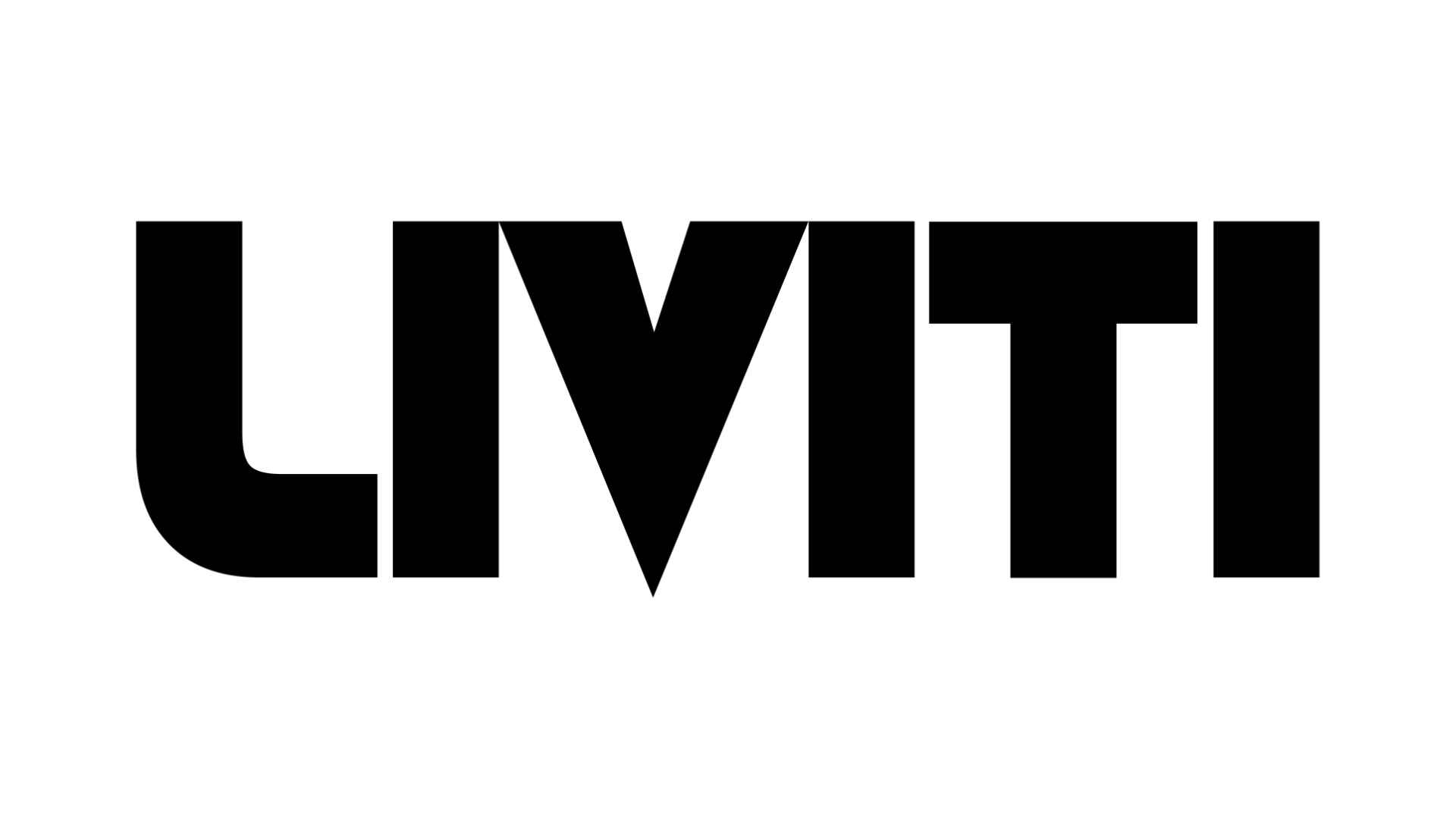The home-buying journey can be exciting but also complex. While finance professionals may have a general understanding of mortgages, navigating the process as a borrower can be different.
The good news is that your financial expertise can be an asset. Lenders often view finance professionals favorably due to their understanding of creditworthiness and responsible financial management, opening up a range of finance professional mortgage options.
Read more about the types of loans available for investment properties.

Understanding Your Options
Most finance professionals will qualify for a standard home loan offered by banks, credit unions, or mortgage brokers. These loans come in various forms, including fixed-rate home loans and adjustable-rate mortgages (ARMs), providing different mortgage options for finance professionals to consider what best suits their needs.
Some lenders may offer special home loans for finance experts, designed for licensed professionals like doctors, lawyers, accountants and finance professionals. These exclusive mortgages for finance professionals typically cater to borrowers with high incomes but potentially less traditional employment structures. They may offer larger loan amounts, relaxed documentation requirements, or lower down payment options, but it’s crucial to compare home loan rates for finance professionals and terms carefully before making a decision.
Learn more about the power of leverage in property investments.

Preparing for Your Home Loans
Financial Assessment
Finance professionals understand this better than most. Before you start house hunting, determine how much you can afford. This involves creating a realistic budget that factors in your existing debts, living expenses, and the anticipated mortgage payment, a crucial step before applying for home loan as a finance professional.

Holding a positive credit score is paramount. Lenders use it to assess your creditworthiness and determine your eligibility for different loan options and interest rates as a finance professional. As a finance professional, you likely understand the importance of maintaining a high credit score. You can access free credit reports from each of the three major bureaus (Experian, Equifax, illion) annually to monitor your score and identify any errors that might need correction.
Documentation Gathering
The documentation required for a home loan application can vary depending on the lender and your employment situation. However, some standard documents include:
- Pay slips for salaried employees
- Tax returns (for the past 2-3 years) as part of a finance professional mortgage qualifications.
- Bank statements
- W-2 forms (if applicable)
Self-employed finance professionals may need to provide additional documentation to verify income, such as:
- Business licenses and permits
- Profit and loss statements
- Recent tax returns with Schedule C (profit or loss from business)
The Application Process
Getting pre-approved for a mortgage is a wise first step. Pre-approval establishes your borrowing power and shows sellers you’re a serious buyer. The pre-approval process involves submitting financial documents and undergoing a credit check. This pre-approval process is a cornerstone for finance professional home buying programs. Once pre-approved, you’ll receive a letter outlining the loan amount you’re qualified for.
After finding your dream home, you’ll submit a formal application with the chosen lender. This typically involves a more in-depth review of your financial situation and the property. The lender will order an appraisal to determine the home’s value.
Understanding common loan terms like loan-to-value ratio (LTV), interest rates, and closing costs is crucial when comparing offers and negotiating the best deal for your situation.

Additional Considerations for Finance Professionals In Property Investment
Self-employed Considerations
Self-employed finance professionals may face additional hurdles when applying for a home loan. Lenders may require more documentation to verify income stability. Demonstrating consistent income growth and a strong financial track record can be helpful. Consulting with a tax advisor familiar with self-employed mortgage requirements is recommended.
Leveraging Your Expertise
Your financial background can be a valuable asset during the home-buying process. You can negotiate effectively with lenders, understand complex loan terms with ease, and potentially save money on closing costs. However, it’s important to remember that even finance professionals should consult with a qualified mortgage professional for personalised advice and guidance throughout the process.
Learn more about how you can use rental properties to generate long-term wealth.
Learn more about investment property financing.
Conclusion
Being a finance professional shouldn’t hinder your ability to secure a home loan. By understanding your options, preparing your finances, and leveraging your financial expertise, you can navigate the home-buying process with confidence. Remember to shop around for the best rates and terms, and don’t hesitate to seek help from a qualified mortgage professional to ensure a smooth and successful home-buying experience.

Frequently Asked Questions
What are the specific challenges finance professionals face when applying for a home loan?
Finance professionals seem to have an edge in securing a home loan, but the path is not free of hurdles.
Self-employed individuals, for example, may face more scrutiny when it comes to income verification. Lenders might require additional documentation and delve deeper into income stability compared to salaried applicants.
Additionally, explaining income streams that come from bonuses, commissions, or other variable sources might require critical explanation to lenders accustomed to steady paychecks.
Do finance professionals have any advantages or disadvantages when it comes to securing a home loan?
There are two sides to the coin for home financing for finance sector employees.
On the positive side, lenders often view them favourably due to their inherent understanding of creditworthiness and responsible financial management. This can translate to a smoother application process.
However, self-employed finance professionals might find themselves at a slight disadvantage when compared to salaried applicants during the income verification stage.
What factors do lenders consider differently for finance professionals compared to other applicants?
There can be subtle differences in how lenders assess applications from finance professionals.
- Income Verification: For self-employed professionals, lenders may put more emphasis on tax returns, profit and loss statements, and consistent income growth.
- Financial Literacy: Lenders might assume a higher level of financial literacy from finance professionals, potentially leading to less explanation of loan terms.
Are there any special mortgage programs or products tailored for finance professionals seeking a home loan?
Some lenders cater specifically to licensed professionals, offering “professional” home loan programs. These programs often have relaxed documentation requirements, larger loan amounts, or lower down payment options.
However, it’s important to remember that these loans may also come with higher interest rates. It’s crucial to compare rates and terms carefully before jumping into any program.
What documentation is typically required for finance professionals applying for a home loan?
The documentation required for a home loan application will vary depending on your employment situation.
Standard documents typically include pay stubs (for salaried individuals), tax returns for the past 2-3 years, bank statements, and W-2 forms (if applicable).
Self-employed finance professionals will likely need to provide additional documentation to solidify their income picture. This might include business licenses, permits, profit and loss statements, and recent tax returns with Schedule C (profit or loss from business).
Can finance professionals with irregular income patterns still qualify for a home loan?
The good news is that irregular income patterns don’t necessarily disqualify you from a home loan if you’re self-employed. The key is demonstrating consistent income growth and a strong financial track record.
Consulting with a tax advisor familiar with the specific requirements for self-employed borrowers can be a wise move to ensure your application is in the best possible shape.
Are there any strategies or tips to enhance the chances of approval for a home loan in the finance industry?
There are steps you can take to improve your chances of securing a home loan as a finance professional.
Maintaining a high credit score, having a healthy down payment, and creating a budget that demonstrates responsible financial management are all key factors that lenders look for.
Self-employed professionals should ensure their tax returns accurately reflect their income and consider consulting with a tax advisor specializing in mortgages.
How does the credit history and score of a finance professional impact their ability to get a home loan?
For finance professionals, a high credit score is crucial. It directly impacts your eligibility for different loan options, the interest rates you’ll be offered, and the overall terms of your loan.
A strong credit history demonstrates responsible borrowing behaviour and financial stability, making you a more attractive borrower in the eyes of lenders and increasing your chances of securing a favourable loan.
What are the key considerations for finance professionals when choosing between fixed-rate and adjustable-rate home loans?
There are two main types of home loans to consider: fixed-rate and adjustable-rate mortgages (ARMs). Fixed-rate loans offer the benefit of consistent monthly payments, making them ideal for those who prefer predictability and stability in their budget. ARMs, on the other hand, may come with a lower initial interest rate, but these rates can fluctuate over time, leading to unpredictable monthly payments.
When choosing between a fixed-rate and adjustable-rate mortgage, finance professionals should consider their individual financial goals and risk tolerance. Those with a stable income and a long-term outlook might benefit from the predictability of a fixed-rate loan. However, for those who anticipate short-term ownership or rising interest rates, an ARM with a lower introductory rate might be an option to consider.







